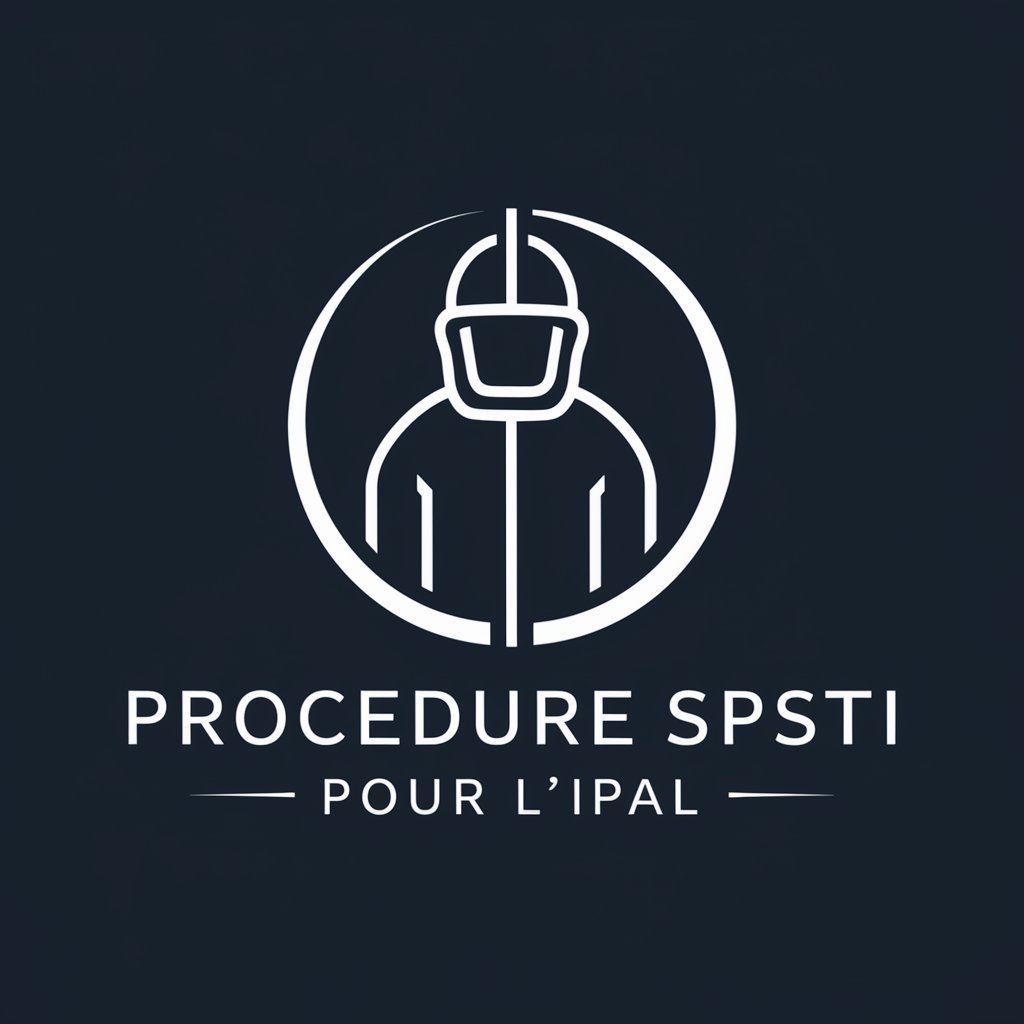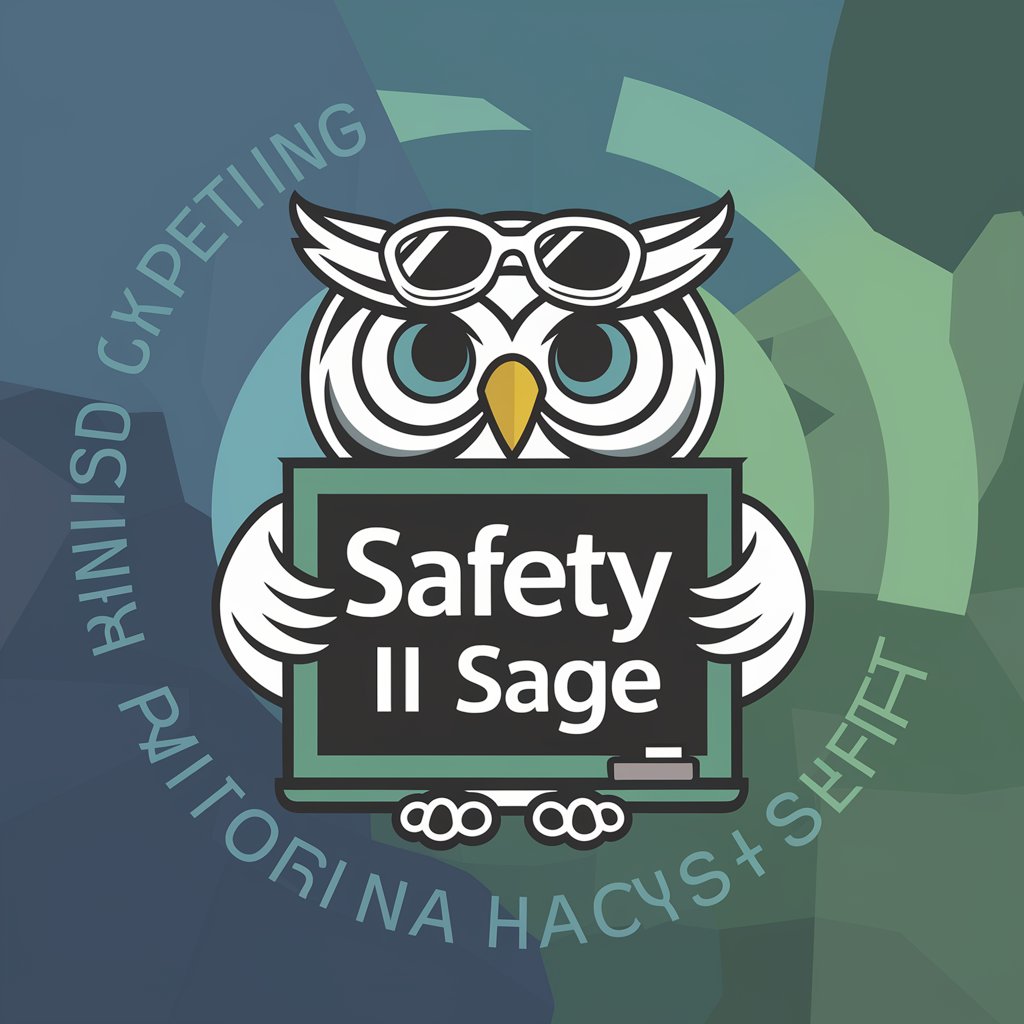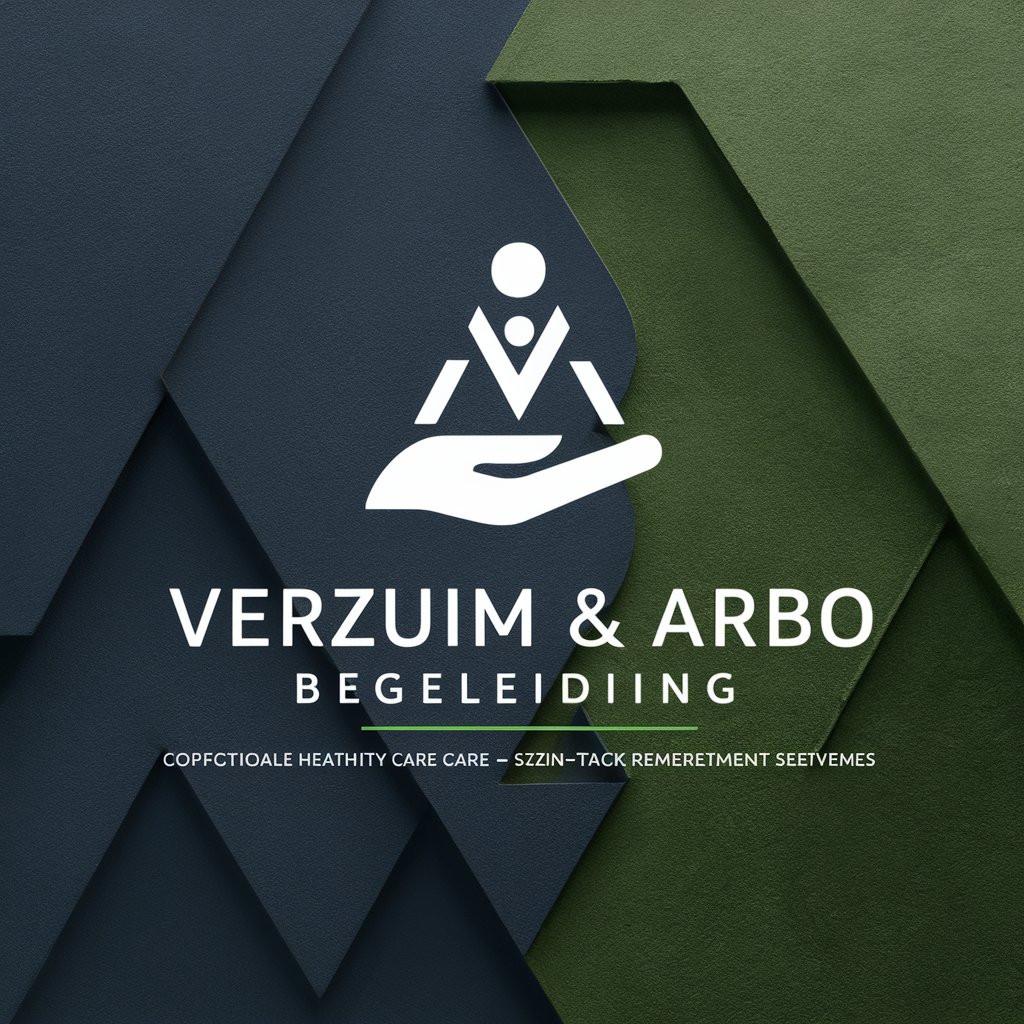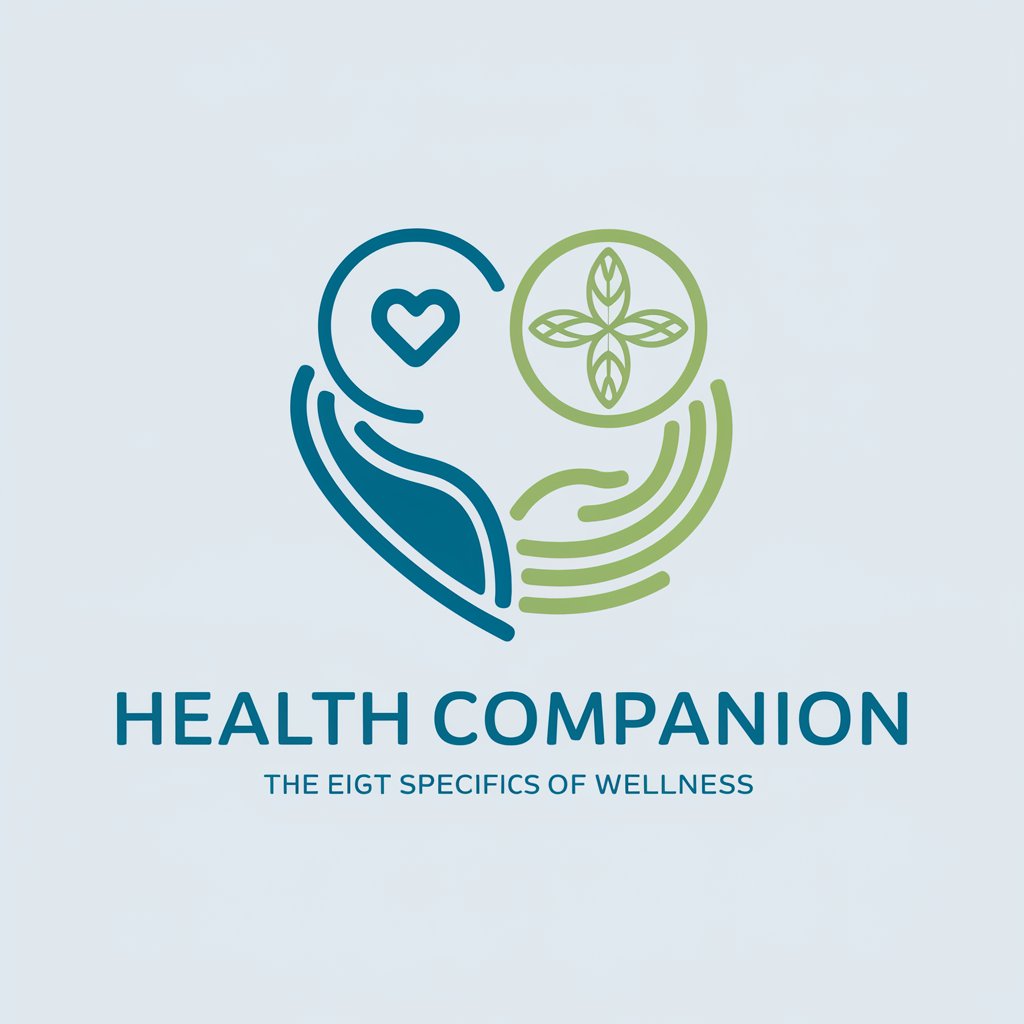4 GPTs for Occupational Health Powered by AI for Free of 2026
AI GPTs for Occupational Health are advanced computational models designed to assist in the management, support, and enhancement of health and safety in the workplace. Leveraging the power of Generative Pre-trained Transformers, these tools offer tailored solutions for analyzing, predicting, and addressing occupational health issues. They are integral in developing proactive strategies that promote a safe and healthy work environment, significantly contributing to the prevention of work-related illnesses and injuries by providing personalized insights and recommendations.
Top 4 GPTs for Occupational Health are: Procedure SPSTI pour l'IPAL,Safety II Guru,Casemanager: Verzuim & Arbo,Health Companion
Procedure SPSTI pour l'IPAL
Streamlining Occupational Health with AI

Safety II Guru
Redefining Safety with AI

Casemanager: Verzuim & Arbo
Streamlining HR processes with AI-driven insights

Health Companion
Empowering wellness with AI

Key Advantages of AI GPTs in Occupational Health
AI GPTs tools for Occupational Health are equipped with several unique features that set them apart. These include the ability to process and understand complex medical and occupational health data, provide risk assessments, and generate health-related insights. They support language understanding and generation, allowing for seamless interaction with users of varying expertise levels. Moreover, these tools can be customized to perform both simple and complex tasks, ranging from answering queries about health standards to analyzing workplace health trends. Special features also encompass technical support, advanced web searching capabilities, image creation for educational purposes, and sophisticated data analysis to identify potential health risks.
Who Can Benefit from Occupational Health AI GPTs
The primary beneficiaries of AI GPTs for Occupational Health include occupational health professionals, safety officers, human resources departments, and workplace managers. These tools are also incredibly beneficial for developers in the health tech sector looking to integrate advanced AI capabilities into their applications. Accessible to novices without coding skills through user-friendly interfaces, they also offer extensive customization options for those with programming expertise, making them versatile tools for a wide range of users interested in enhancing workplace health and safety.
Try Our other AI GPTs tools for Free
Psychosexual Development
Discover AI-driven insights with GPT tools tailored for Psychosexual Development, enhancing professional practice and personal understanding.
Psyche Insights
Discover AI GPTs for Psyche Insights, advanced tools designed to provide personalized psychological insights and support, accessible to everyone interested in mental wellness.
Vintage Scores
Discover AI GPTs for Vintage Scores, your AI-powered assistant for analyzing, interpreting, and predicting trends in the vintage domain, designed for enthusiasts and professionals alike.
Wine Deals
Discover how AI GPTs for Wine Deals revolutionize the wine industry with personalized recommendations, market insights, and enhanced e-commerce integration.
Food Recipes
Discover the future of cooking with AI GPTs for Food Recipes: your digital sous-chef for recipe innovation, dietary adaptation, and culinary inspiration.
Tasting Support
Explore the future of taste with AI GPTs for Tasting Support, your digital sommelier for culinary insights, flavor analyses, and personalized pairing recommendations.
Expanding Horizons with AI in Occupational Health
AI GPTs bring a transformative approach to occupational health, offering solutions that are not only innovative but also easily integrable with existing health management systems. Their user-friendly interfaces ensure that professionals across various sectors can utilize these tools without technical barriers, promoting a culture of safety and health. Moreover, their adaptability across different industries underscores their potential in creating customized, data-driven strategies for workplace wellness.
Frequently Asked Questions
What are AI GPTs for Occupational Health?
AI GPTs for Occupational Health are artificial intelligence tools designed to support and improve health and safety in the workplace through data analysis, risk assessment, and personalized recommendations.
How do AI GPTs tools support occupational health?
These tools support occupational health by processing and analyzing health data, providing risk assessments, generating health-related insights, and offering recommendations to prevent work-related illnesses and injuries.
Can non-experts use these AI GPTs tools effectively?
Yes, these tools are designed with user-friendly interfaces that allow non-experts to effectively utilize them without needing coding skills, making them accessible to a broad audience.
Are there customization options available for developers?
Yes, developers can access extensive customization options, allowing them to tailor the tools to specific occupational health tasks and integrate them into existing systems or applications.
What unique features do these AI GPTs offer?
Unique features include natural language processing, technical support, advanced web searching, image creation for educational content, and sophisticated data analysis capabilities.
How can these tools integrate with existing occupational health programs?
AI GPTs can be integrated into existing occupational health programs through APIs and customization options, enhancing the programs' capabilities in data analysis, risk assessment, and health monitoring.
What kind of data analysis capabilities do these tools have?
These tools are capable of analyzing complex medical and occupational health data, identifying trends, assessing risks, and providing insights to support decision-making processes in workplace health and safety.
How do these tools contribute to preventing work-related illnesses?
By providing personalized insights, risk assessments, and recommendations based on data analysis, these tools contribute to the proactive management of workplace health, helping to prevent work-related illnesses and injuries.